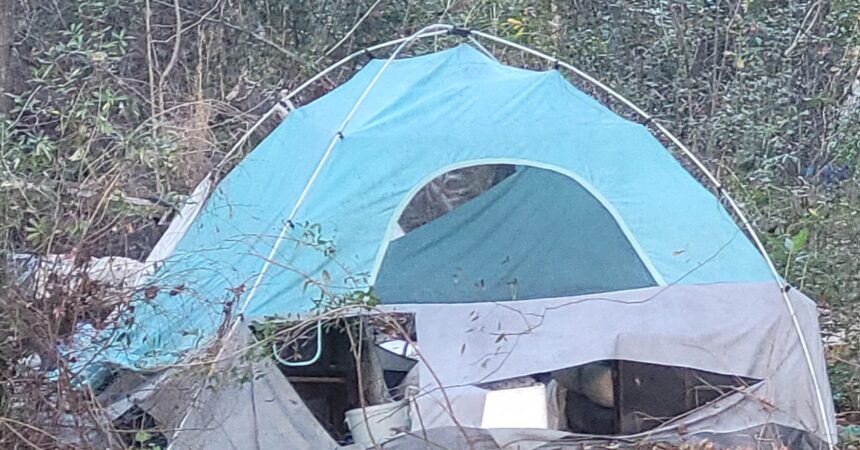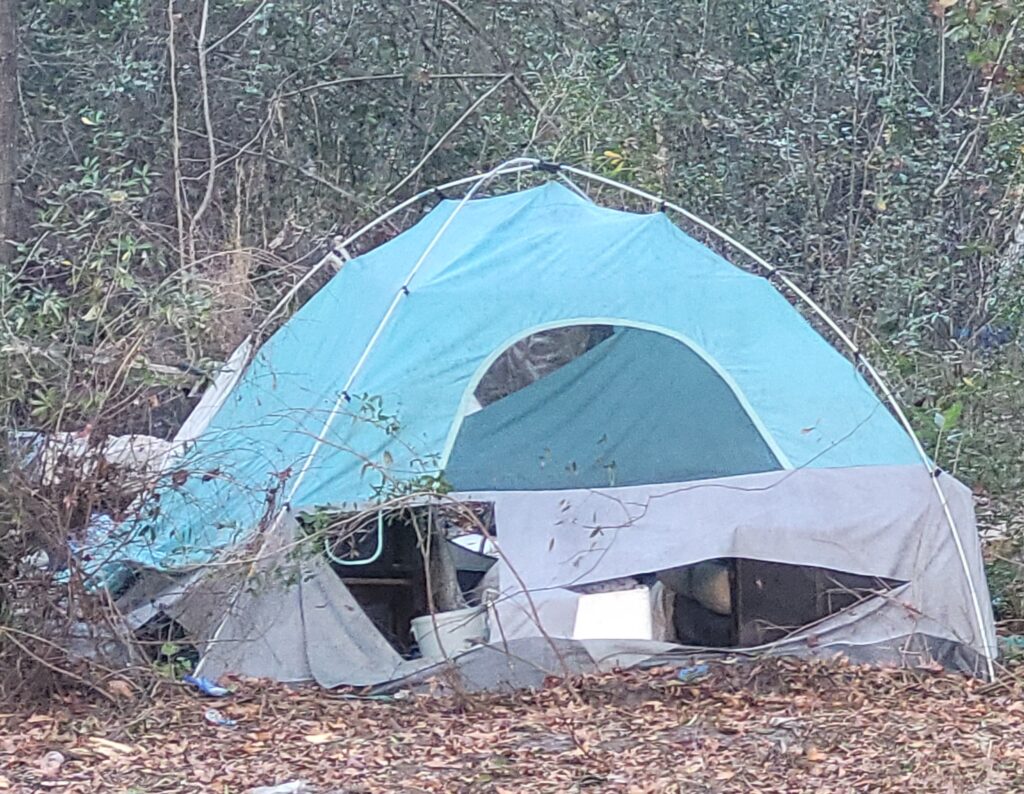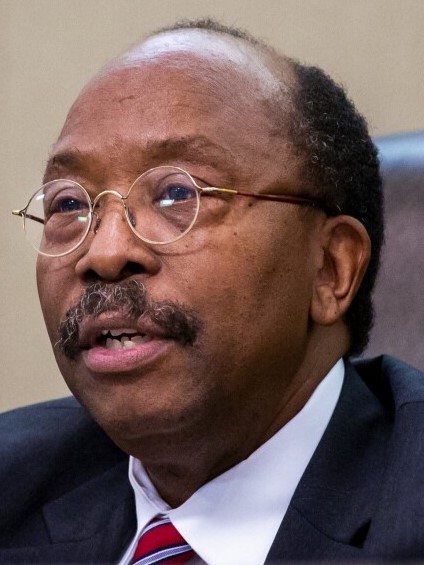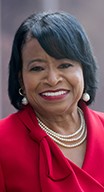
Homeless woes
Bill to curtail sleeping in public places worries local government

Photo by St. Clair Murraine

Curtis Richardson

By St. Clair Murraine
Outlook Staff Writer
While condemning a bill to curb homelessness that Gov. Ron DeSantis is expected to sign, City and County commissioners questioned how local governments will make such a law work.
The measure stopped short of criminalizing homelessness, but it will require services that will be costly to initiate. Of particular concern is a portion of the bill that calls for designation of property that could be used as camp sites. Such a setup will have to be approved by the state’s Department of Children and Families.
An approved site would be required to include restrooms as well as security. The sites should also be designated as alcohol- and drug-free. If a sites is approved by DCF it won’t be longer than one year.
The bill (HB 1365), which was approved by the Republican-controlled Legislature last week, was sponsored in the Senate by Jonathan Martin, a Fort Myers Republican.
“The Legislature is usurping authority of the local government in the various cities with what’s going on within the parameters of their cities,” said Carolyn Cummings, chairperson of Leon County Commission.
Martin was quoted by The News Service of Florida as saying that homelessness is bolstered by “insufficient shelter beds and insufficient permanent housing solutions result in unsheltered sleeping and camping in public places.”
However, that hasn’t been lost on local government. Both the city and county governments offer services for the homeless, including Stand Down, a joint venture that provides $10,000 annually for homeless veterans. Additionally, there are safe places for the homeless to shelter, including the Kearney Center for single adults, the Hope Community for families, Refuge House for domestic violence victims and CCYS for youth.
Cummings, an attorney, was especially concerned about the portion of the proposal that would give residents and business owners grounds for filing lawsuits against local governments that allows what would be considered illegal sleeping or camping on public property.
“It’s a catch all,” Cumming said. “When homeless people sleep on public property it’s not authorized by the municipalities. The way I see this bill is if you don’t remove them, then you’re permitting them.”
Cummings and city Commissioner Curtis Richardson expressed concern about the portion of the bill that makes municipal governments responsible for stopping people from sleeping at places such outside of office buildings and on sidewalks.
Meeting all of the requirements in the bill would put a financial burden on municipal governments, such as Tallahassee that is already proving resources for the homeless, Richardson said.
“The financial coast of that is going to fall on local communities,” he said. “We don’t know where that money is going to come from. I think it goes too far.”
He went on to call the legislation “wrong,” adding that “These are human beings and God requires that we look out for people in need. These people are in need.”
Martin pointed to $30 million that is included for homelessness in a $117.46 billion state budget recently submitted to DeSantis. Local governments could request funding to help provide resources and shelter, according to Martin.
Homelessness has long been a priority of Cru, an inter-denominational Christian ministry that holds to historic Christian beliefs. Several of its members, including New Grace Primitive Baptist, Friendship Primitive Baptist Church and Destiny Church of God International provide food, clothes and other resources for the homeless.
Each of the churches affiliated with Cru, helps the organization connect to the homeless population, said John Bump, an expansion city leader for Cru.
“That’s our method for compassionate evangelism and whole person discipleship for the homeless community,” he said.
Bump said the bill is an overreach.
“I don’t really think that you can legislate people to do what God intended us to do,” he said.







